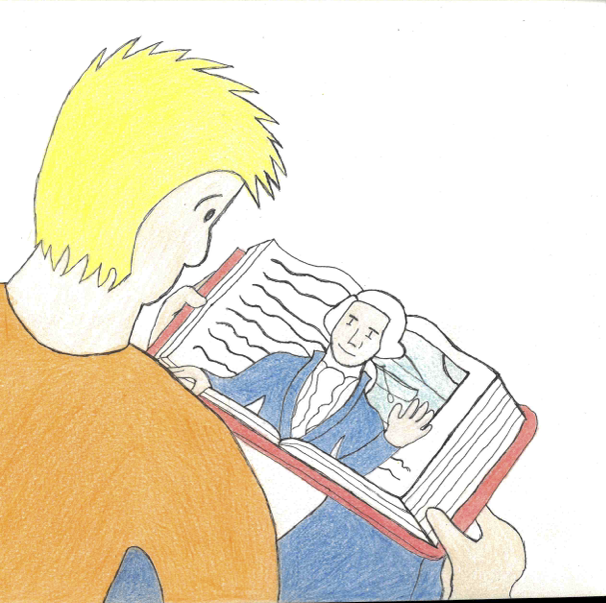Obamacare is constitutional. This does not mean that it is a good piece of legislation. It means that the Supreme Court, the body vested by the Constitution with the power to review the constitutionality of laws and actions, has called it constitutional. In this editorial, we will take up the tedious but necessary job of wading through the majority Opinion, written by Chief Justice John Roberts, to clarify the court’s arguments justifying the decision. At this point, the question for us is not whether the Patient Protection and Affordable Care Act is constitutional. Instead, the question is why.
The Patient Protection and Affordable Care Act passed in both houses of Congress and was signed into law by the President. It is a piece of legislation that was legitimately challenged in the judiciary. The act was challenged on the grounds that the mandate included in the law which stated that every citizen have some form of health insurance, and pay a penalty if they do not, was unconstitutional.
Does the United States government have the authority to mandate the purchase of a good or service, in this case a health care policy? Yes, because this mandate and the corresponding penalty is a tax. This argument rests upon the fact we can, as written in the majority opinion, “read the mandate not as ordering individuals to buy insurance, but rather as imposing a tax on those who do not buy that product.”
In this light, the controversial heath care mandate is not even a mandate at all. Instead, it is a tax, similar to the taxes levied on cigarettes or gas or income. This is contentious because this is a tax that people pay for not buying something, whereas most taxes are accrued when an individual buys or does something.
However, as is noted in the majority opinion, this is not the first time that Congress has employed taxation to coerce certain behavior from the public. We have tax incentives to entice people to buy homes, have children and pursue educations in particular fields. Taxes have been put to various uses, establishing a precedent for the Court’s decision in this case.
Moreover, there are other cases independent of taxation in which the government can compel people to do things that they do not want to do. Legally, I can be drafted, called to serve on a jury, and punished for driving on the wrong side of the road. The health care mandate and its companion tax fall into both of these well-established categories. Forcing an individual to do something they dislike is not necessarily unconstitutional.
Even though the Court found the health care mandate constitutional, the court did not uphold every element in the act as a whole. In the majority decision, the Court sets clear limits on the federal government’s regulatory power under the Interstate Commerce Clause and gives each state the power to reject the Medicaid expansion included in the bill without penalty. This is not a case of the Supreme Court legislating from the bench. This is a case of the court limiting the application of a set of laws.
This technical discussion over the constitutionality of “Obamacare” belies a larger debate: the scope of the federal government and the extent of its powers. This is a worthwhile debate but one that should occur independent of this context. The Supreme Court did not pass judgment on the merits of the Patient Protection and Affordable Care Act; the Court passed judgment on the act’s legality.
This decision was not about what the judges think, what the people think, what the founders thought or about any grand American ideals. This decision was about what the Constitution says. Specifically, in Article 1, Section 8, the Constitution states that the federal government has the power “to lay and collect taxes, duties, imposts and excises, to pay the debts and provide for the common defense and general welfare of the United States.”
The larger philosophical question raised in this clause is whether or not requiring every citizen to have some form of health insurance contributes to the “general welfare of the United States.” It is not the Court’s job to answer this question. That is our democratic responsibility, executed in the electoral and legislative process. We cannot expect the courts or the Constitution to provide us with the country that we want. We have to do that ourselves through the democratic process.
In conclusion, we return to Justice Roberts’ conclusion to the majority opinion: “The Framers created a Federal Government of limited powers, and assigned to this Court the duty of enforcing those limits. The Court does so today. But the Court does not express any opinion on the wisdom of the Affordable Care Act. Under the Constitution, that judgment is reserved to the people.”
































